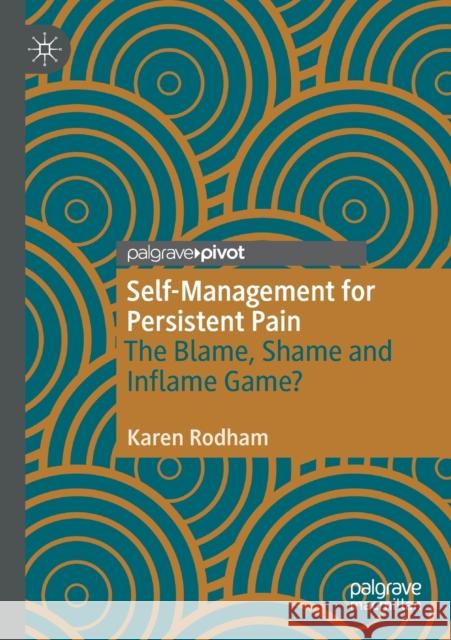Self-Management for Persistent Pain: The Blame, Shame and Inflame Game? » książka
topmenu
Self-Management for Persistent Pain: The Blame, Shame and Inflame Game?
ISBN-13: 9783030489717 / Angielski / Miękka / 2021 / 125 str.
Self-Management for Persistent Pain: The Blame, Shame and Inflame Game?
ISBN-13: 9783030489717 / Angielski / Miękka / 2021 / 125 str.
cena 201,24
(netto: 191,66 VAT: 5%)
Najniższa cena z 30 dni: 192,74
(netto: 191,66 VAT: 5%)
Najniższa cena z 30 dni: 192,74
Termin realizacji zamówienia:
ok. 16-18 dni roboczych.
ok. 16-18 dni roboczych.
Darmowa dostawa!
Kategorie:
Kategorie BISAC:
Wydawca:
Palgrave Pivot
Język:
Angielski
ISBN-13:
9783030489717
Rok wydania:
2021
Wydanie:
2020
Ilość stron:
125
Waga:
0.18 kg
Wymiary:
21.01 x 14.81 x 0.76
Oprawa:
Miękka
Wolumenów:
01
Dodatkowe informacje:
Wydanie ilustrowane











